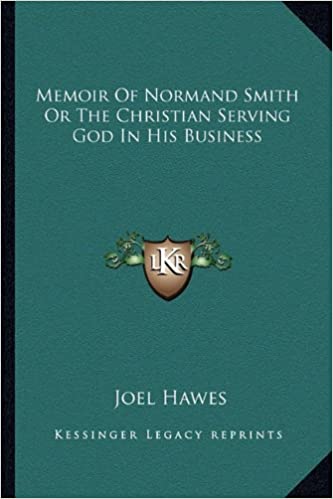If you were to poll many people today on where does Christianity not exist most often, I would dare to guess you would see the two most popular answers to be politics and war. But what if you asked that same question in the late 1700s or early 1800s? I feel like the answer would be quite different.
Christianity in Politics
Christianity was a huge part of everyone’s lives in early America. Many of the founding fathers wrote on the topic, but one in particular that stands out was John Adams. He mentioned Christianity in his diary many times, with one coming on August 15, 1796. On that day, which was a Sunday according to his diary, he talked about the advantage of Christianity. To Adams the advantage was that it brings in the concept of “love your neighbor…and do to others as you would that others should do to you” to all of the people.[1] He continues to argue in his diary that day that there was no other institution of learning that could disseminate such a lesson to so many people so well.
Christianity in War
As for war, the Reverend Reuben Sherwood, of the St. James’ Church in Hyde Park, NY, gave a sermon in 1840 on the Christian Soldier. Now this may not be the war you were expecting, but it was seen as a war nonetheless. A war of Christian soldiers in which the winner receives eternal life, and the loser eternal death. Reverend Sherwood does a great job showing how the enemy was very powerful and numerous throughout the world. And how every one of the Christian soldiers must, “..keep God’s holy will and commandments, and to walk in the same all the days of our life.” That was the issue at hand. In the face of the enemy, the soldier must persevere and go through each day by walking an living the Christian faith. That was the only way that the Christian soldiers would win the war.[2]
Christianity in Business
Christianity permeated through so much of society during this time that there were even publications of the memoirs of people that dealt more with their Christianity and ways of life than their actual accomplishments. One example of this was Normand Smith. Even the advertisement of the book, printed at the beginning, showcases that he was just a normal man. It claims he was, “plain but intelligent”. It even advertises his character as a Christian more so than his exploits as a businessman. The book goes on to talk about hos he suffered when he strayed away from his service of God. But soon he started holding prayer meetings at his house, all during a time of moral decay around him. Normand began to do more and more for the good of others. As the book tells us, he helped start a school for African-Americans. He started to think about divesting his interest in his business so he could invent more time in helping others. But it seems the Lord spoke to him that his business was his way of helping others. He had built up wealth, but he did not want to be rich. The rich he said, fall into temptation. Instead, he would use his wealth for the benefit of others. [3]
Stories like this were more commonplace in the early 1800s than they are now, although you do see many of the ultra-wealthy donating their fortunes to charity. But how many of those in today’s society would come out and say it was because the Lord had wanted them to help others. Instead, it is typically done out of wanting to create a legacy that will outlive them.
Bibliography
[1] John Adams and Charles Francis Adams, The Works of John Adams, Second President of the United States: with a Life of the Author, Notes, and Illustrations, vol. 3. (Boston: C.C. Little and J Brown, 1851, 423.
[2] Reuben Sherwood, The Christian Soldier: A Sermon Preached in St. James’ Church, Hyde Park, the Third Sunday after Trinity, 1840 (Poughkeepsie, NY: Jackson & Schram, 1840), 9-13.
[3] Joel Hawes, Memoir of Normand Smith, or, The Christian serving God in his business. (New York: American Tract Society, 1839), 3-11.
Check out more posts on Presidents by clicking here.

